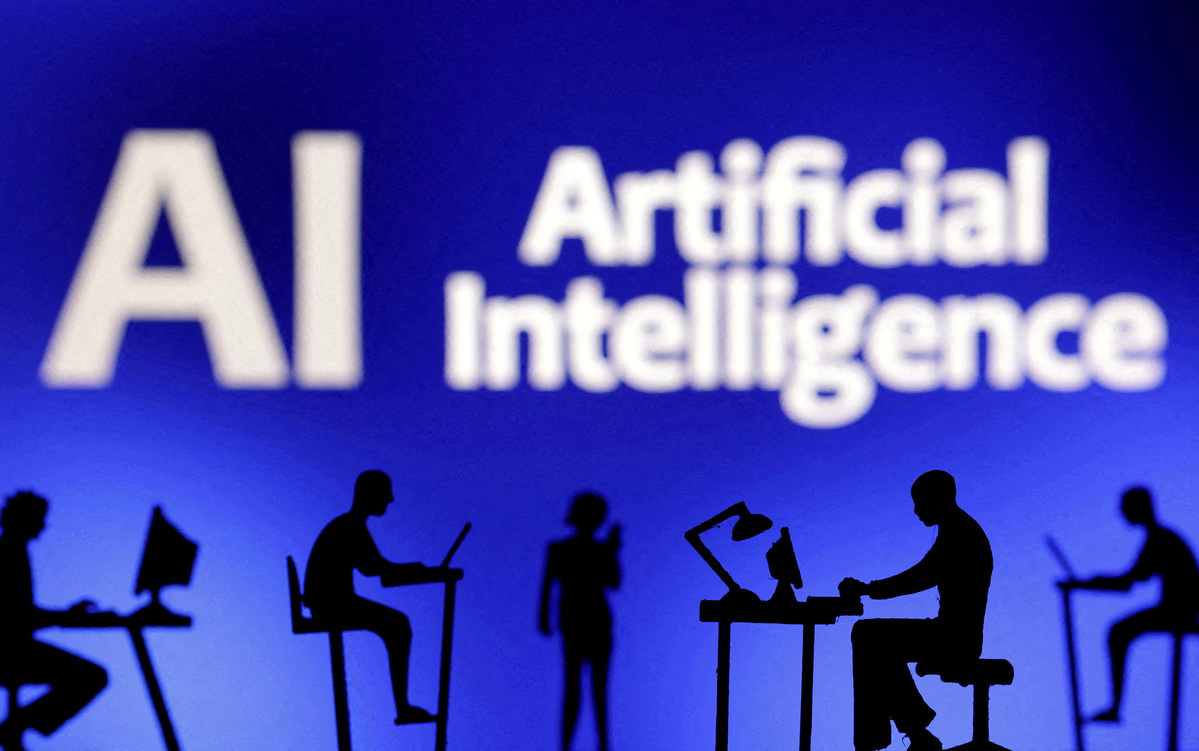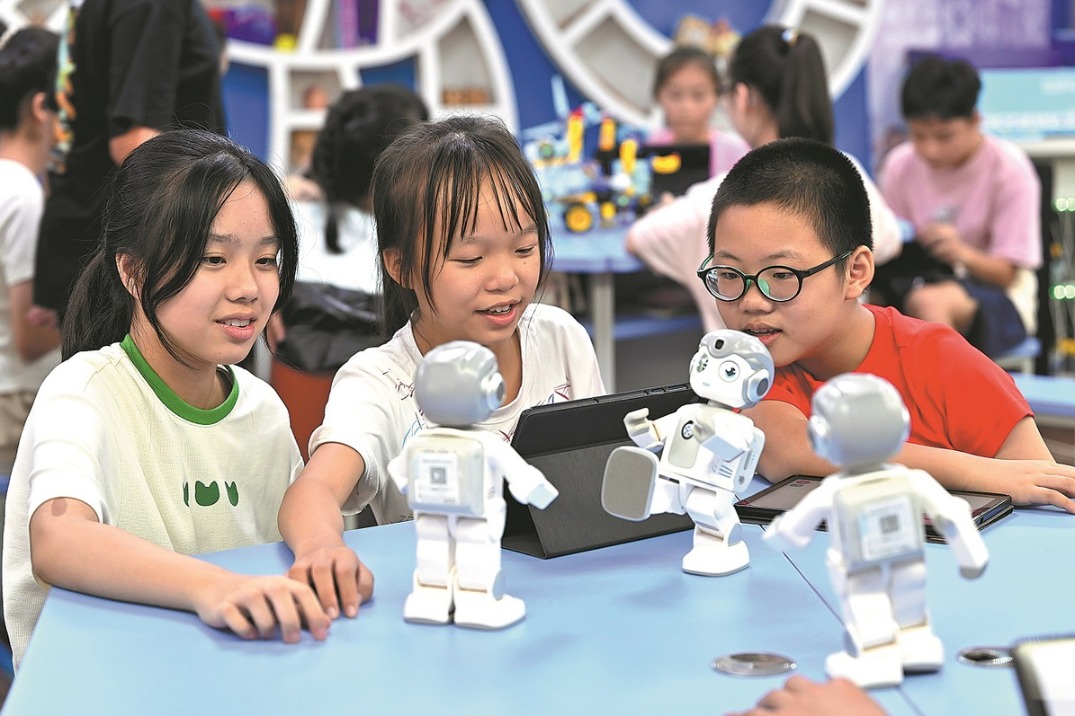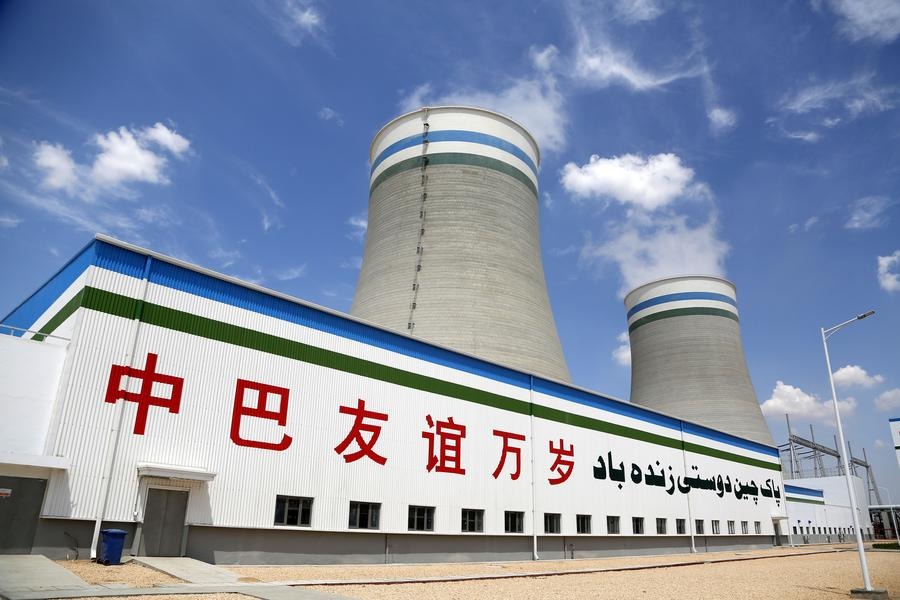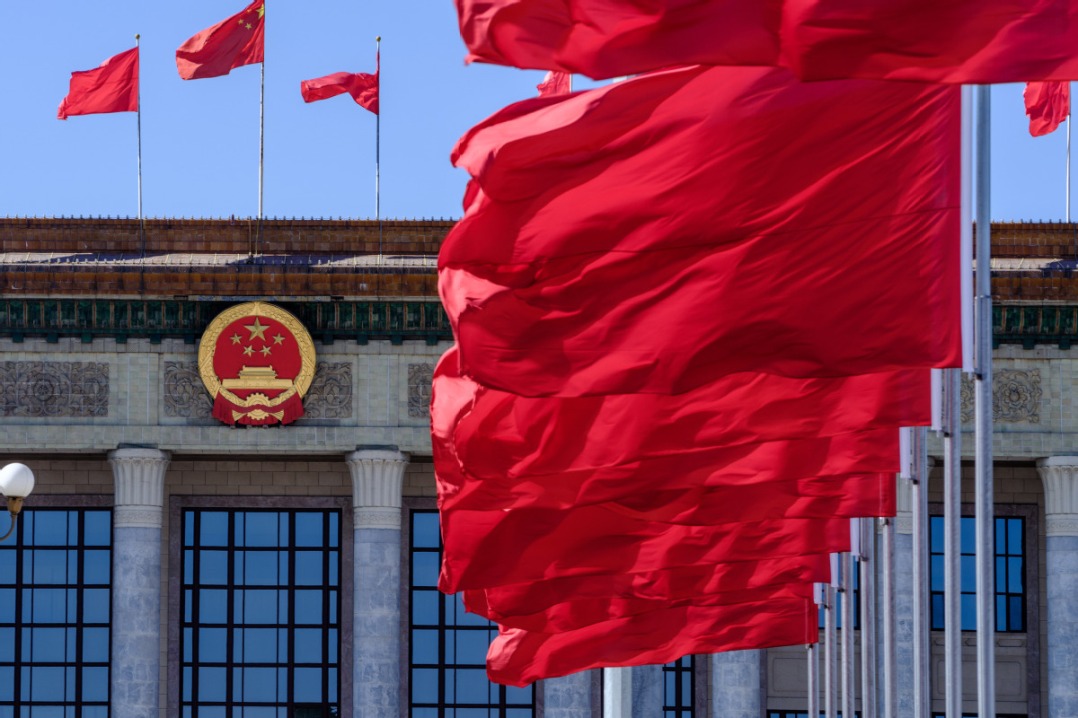Global AI competition is a marathon, not a sprint


At the NVIDIA GPU Technology Conference on Monday, NVIDIA CEO Jensen Huang unveiled a series of artificial intelligence innovations, including the latest generation GPU architecture "Blackwell" and a series of products based on it. Some media outlets have dubbed it "the world's most powerful AI chip".
According to Huang, the new products will improve the performance of large model inference workloads 30 times over, while significantly reducing costs and energy consumption. While it took 8,000 Hopper GPUs and 15 megawatts of power to train a model with 1.8 trillion parameters in the past, the same task can now be completed with just 2,000 Blackwell GPUs consuming only 4 megawatts.
The significant increase in computing power is exciting. As more developers of AI and large models emerge, computing resources are becoming increasingly scarce, creating a bottleneck for AI driven by computing power. The launch of the B200 has eased that bottleneck.
However, the arrival of B200 increases the pressure for China's AI industry, which will have to step on the gas. With its world-class internet industry and massive data resources, China's AI industry has risen rapidly in recent years. Together with the US, they are called the world's Top 2 in AI. However, with the emergence of ChatGPT, China's AI practitioners have faced the risk of widening gaps.
It's OpenAI that supports ChatGPT, and behind OpenAI are infrastructure providers like NVIDIA. In other words, the world-class competition in AI is in essence a competition in infrastructure.
China urgently needs leading companies at the infrastructure level to address the bottlenecks. As one of the world's largest semiconductor markets and also one of the largest AI application markets, China can offer ample support to leading domestic companies to progress.
High energy consumption is a problem with AI. China leads the world in the fields of new energy and renewable resources. If the global competition in AI is compared to a marathon, now is far from being a decisive moment.
- BEIJING NEWS


































